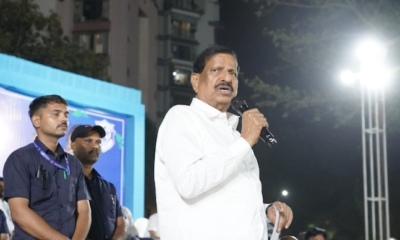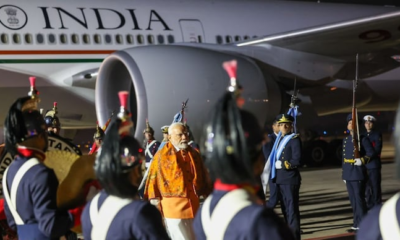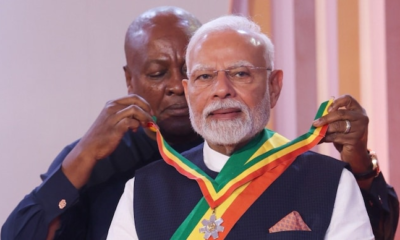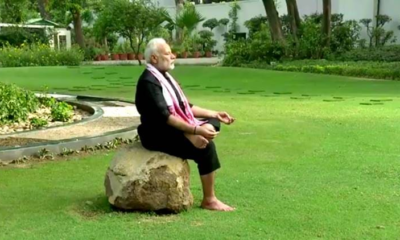Gujarat Slashes EV Tax to 1% Till 2026, Giving Major Boost to Green Mobility
In a major policy move to promote clean transportation, the Gujarat government has announced a substantial reduction in motor vehicle tax for fully battery-operated electric vehicles (EVs), cutting it from 6% to just 1%. The revised tax rate is valid until March 2026 and is expected to significantly reduce the cost of EV ownership across the state.
This 5% rebate on the existing tax rate applies to both two-wheelers and four-wheelers registered on the VAHAN 4.0 portal. The initiative was formally announced by Minister of State for Transport Harsh Sanghavi, who took to social media platform X to share the news. “The Gujarat Government is accelerating the adoption of electric vehicles by offering a massive 5% tax rebate—bringing down the tax on EVs to just 1%! This green initiative is valid till 2026 and is now live on the VAHAN 4.0 portal,” he posted.
The financial impact of this tax cut is significant. According to government estimates, buyers could save anywhere between Rs 30,000 to over Rs 1 lakh depending on the vehicle’s price. For example, an EV priced at Rs 10 lakh previously attracted a tax of Rs 60,000, which has now dropped to just Rs 10,000—offering direct savings of Rs 50,000. Entry-level scooter buyers also stand to benefit with savings of around Rs 30,000.
This move comes at a critical time for the EV industry in Gujarat. EV sales in the state had slumped by nearly 50% following the withdrawal of central and state subsidies last year. The Federation of Automobile Dealers Associations (FADA) has reported a 33% drop in EV sales in the first quarter of 2025 compared to the same period in 2024.
Pranav Shah, Gujarat chairperson of FADA, welcomed the tax reduction, calling it a much-needed move. “While the reduction of tax from six per cent to one per cent on EVs is a welcome step, the government must now focus on creating the EV-charging infrastructure, as it will further boost EV sales,” Shah said.
Previously, the state government had been offering direct subsidies of up to Rs 20,000 for electric two-wheelers and up to Rs 2 lakh for four-wheelers. However, those schemes have since been discontinued, contributing to the sharp decline in sales.
By becoming the first state to implement such a steep tax cut, Gujarat is positioning itself as a frontrunner in India’s green mobility push. The move is expected to encourage other states to follow suit, especially as the central government continues to push for broader EV adoption under its clean energy and sustainability goals.
With the new tax policy in place, Gujarat’s EV sector is poised for a revival. However, experts agree that alongside fiscal incentives, robust infrastructure—especially widespread EV charging stations—will be key to sustaining this momentum.
As the 2026 deadline looms, the current window presents a golden opportunity for consumers to switch to cleaner transport options while enjoying significant cost savings.
AM.




































